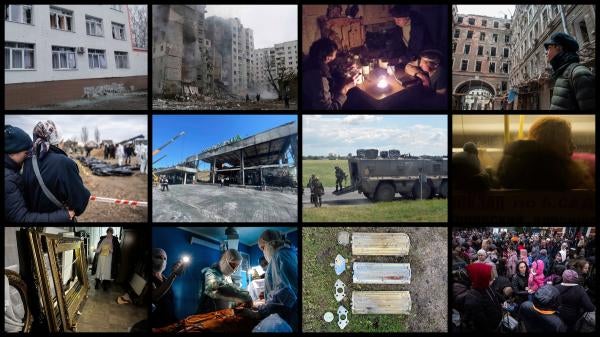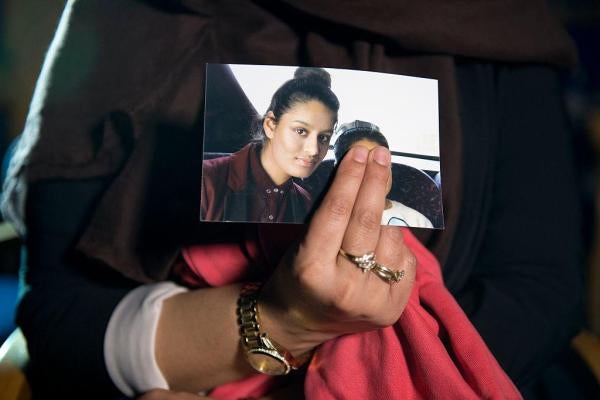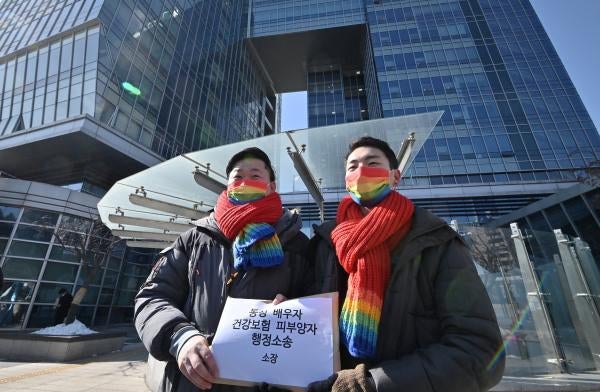Andrew is enjoying a break this week. I’m Birgit Schwarz, taking care of the Daily Brief today.
How do you summarize one year of war?
One year of horrific atrocities since Russia’s full-scale invasion of Ukraine on this day last year?
A year of unfathomable suffering, of lost homes, livelihoods and loved ones, of living under constant attack – often without water, electricity or a roof over ones head, of having to witness devastating destruction of once flourishing cities, peaceful villages and cultural artifacts?
A war Ukrainians did neither ask for nor provoke, yet which galvanized a whole nation to stand together in defence of its sovereignty, independence, and identity.
I thought it best to ask my colleague, Yulia Gorbunova, who spent the past year documenting war crimes and other atrocities in Ukraine. Yulia interviewed hundreds of Ukrainians who described what happened to them in cities under siege, like Mariupol, and in towns like Kharkiv, that were hit repeatedly by air and artillery strikes. Their words and accounts, she says, “are impossible to forget.”
There was Tatiana, who for more than a month had been trapped, like many others, in Mariopol, a besieged city, and who told her that “there is not a single family in Mariupol who didn’t bury someone, or doesn’t know someone who did.”
Or Liudmila, who had to identify the body of her husband, which had been found in a ditch, with bruises and a gunshot wound in his neck, through photographs the authorities sent to her phone because the constant shelling of her village made it impossible to go out.
Some of the worst atrocities she documented happened in Bucha, where Russian forces left a trail of death, “executing civilians as though they were in a dystopian computer game.” Some of the soldiers were like “kids, necks sticking out of their collars,” Olena told her, “kids, but with guns.” One of these kids had shot and killed her husband, Viktor, a civilian, days before the interview.
It is stories like these that have strengthened the resolve of local and international human rights defenders to ensure atrocities committed during Russia’s full-scale invasion of Ukraine do not go unpunished. In Ukraine, organizations like Truth Hounds have been working tirelessly to collect evidence for war crimes. Others, like Human Rights Watch, have supported this effort with the aim, as Yulia puts it “to build the strongest possible cases to bring the perpetrators to account.”
“People like Tatiana, Liudmila, Olena and others”, she says, “deserve meaningful redress. Their suffering should never be forgotten.”
Justice for war crimes is non-negotiable, no matter how long it takes.








